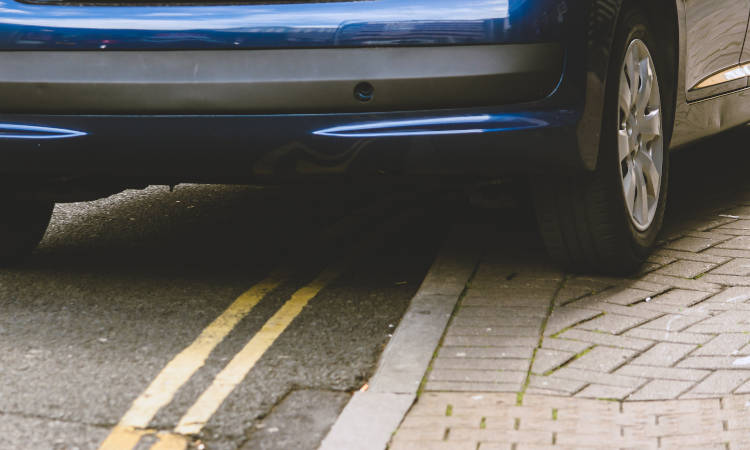UK government launches consultation to make pavements more accessible
- Like
- Digg
- Del
- Tumblr
- VKontakte
- Buffer
- Love This
- Odnoklassniki
- Meneame
- Blogger
- Amazon
- Yahoo Mail
- Gmail
- AOL
- Newsvine
- HackerNews
- Evernote
- MySpace
- Mail.ru
- Viadeo
- Line
- Comments
- Yummly
- SMS
- Viber
- Telegram
- Subscribe
- Skype
- Facebook Messenger
- Kakao
- LiveJournal
- Yammer
- Edgar
- Fintel
- Mix
- Instapaper
- Copy Link
Posted: 1 September 2020 | Intelligent Transport | No comments yet
Thirty-two per cent of people with vision impairments and 48 per cent of wheelchair users were less willing to go out on their own because of pavement parking, according to research from charity Guide Dogs.


Pavements could be made safer for people with disabilities and families under new proposals to ban antisocial parking unveiled by the UK government.
Parking on pavements disproportionately affects people with visual or mobility impairments, those assisted by guide dogs, and wheelchair and mobility scooter users. More than 95% of wheelchair users and people with visual impairments say they had problems with vehicles parked on pavements.
Three options are proposed in the newly-launched consultation – improving the traffic regulation order process to make it easier for councils to prohibit pavement parking in their areas, giving councils powers to fine drivers who park on paths, and a London-style nationwide ban on pavement parking.
However, there is still a major role for cars and other private vehicles, so any future plans will need to take this into consideration.
Commenting on the proposal, Transport Secretary Grant Shapps said: “Parking on pavements means wheelchair users, visually impaired people and parents with pushchairs can be forced into the road, which is not only dangerous but discourages people from making journeys.
“A key part of our green, post-COVID recovery will be encouraging more people to choose active travel, such as walking, so it is vital that we make the nation’s pavements accessible for everyone.”
Pavement parking presents a clear safety risk when parked cars occupy the pavement and force vulnerable pedestrians to move into the road.
Disabled people say pavement parking is a significant barrier to carrying out daily journeys. Recent research from the charity Guide Dogs shows that 32 per cent of people with vision impairments and 48 per cent of wheelchair users were less willing to go out on their own because of pavement parking, decreasing independence and contributing towards isolation.
As many streets were built decades and centuries before the high levels of vehicles currently on roads, any measures will need to ensure the free flow of traffic and access for the emergency services.
The consultation is the government’s latest step to deliver on commitments to make transport equally accessible for all users by 2030, as set out in the Inclusive Transport Strategy.
Stephen Edwards, Director of Policy and Communications at Living Streets, said: “We’re regularly contacted by disabled and older people who feel trapped in their homes because there is not enough room on the pavement for wheelchairs or mobility scooters.
“This has impacted more people during the pandemic with blocked pavements affecting everyone’s ability to physically distance.”
Related topics
Infrastructure & Urban Planning, Passenger Accessibility
Related cities
United Kingdom
Related organisations
Department for Transport (DfT), Living Streets
Related people
Grant Shapps, Stephen Edwards








